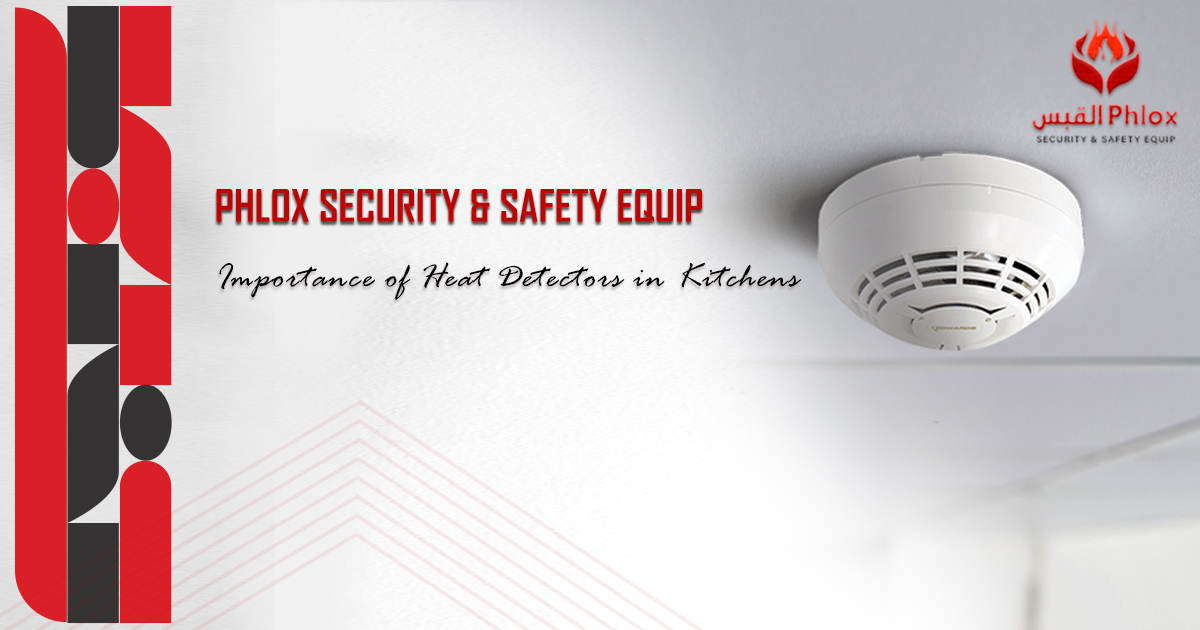
Importance of Heat Detectors in Kitchens
The kitchen is the heart of the home, where families gather to cook, share stories, and create memories. However, it’s also a place where fire hazards can lurk, making fire safety a critical concern. In this blog post, we’ll explore the significance of heat detectors in kitchens, their unique role in fire prevention.
Why Heat Detectors Matter in Kitchens:
Specificity to Heat:
Unlike smoke detectors, which can be triggered by cooking activities, those respond only to high temperatures, providing accurate and reliable fire detection.
Fast Response:
Heat detectors activate rapidly when they sense a significant increase in temperature, providing an immediate alert to potential fire hazards.
Ideal for High-Risk Areas:
Kitchens are prone to cooking-related fires. These detectors are designed to excel in these high-risk environments, offering a level of protection that smoke detectors alone cannot provide.
How Heat Detectors Work:
They operate based on the principle of temperature sensitivity. Here’s how they function:
Fixed Temperature Detectors:
These detectors are designed to activate at a specific temperature threshold, such as 135°F (57°C). However, once this temperature is reached, the detector triggers an alarm.
Rate-of-Rise Detectors:
Rate-of-rise detectors respond to rapid temperature increases, such as those caused by a sudden flare-up or ignition of flammable materials.
Placement and Installation:
- Proper placement and installation of heat detectors are crucial for effective fire detection in kitchens:
- Install these detectors on the ceiling, away from cooking appliances, to ensure accurate temperature readings and to avoid false alarms from cooking activities.
- Avoid placing them too close to heating vents, as this may affect their performance.
Lastly, heat detectors are the unsung heroes of kitchen safety, silently standing guard and springing into action when temperatures rise to dangerous levels. Furthermore, by incorporating these specialized detectors into your kitchen safety plan, you take a significant step towards protecting your home and loved ones from potential fire hazards.




